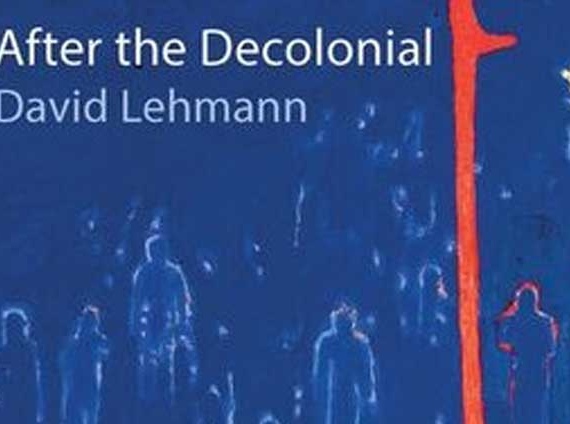The term fundamentalism is usually used, in secular intellectual parlance, to refer to religious cultures or communities characterized by (a) intolerance towards those who depart from a strict version of one or another religious tradition, (b) codes of behaviour which, when compared with codes prevailing in the mainstream of one or another religious tradition, or in the mainstream of society, are particularly concerned with external details of the body such as dress and hair; with dietary regulations such as kosher meat and bans on alcohol, with unusually frequent attendance at religious services, (c) to ostentatiously stringent, meticulous, conformity to these external details; (d) to obsessive prudishness, and ferocious opposition to the permissive society or the ‘commodification of the body’; (e) to persons with whom the speaker does not wish to be associated. In addition, there are many predominantly political perceptions in which fundamentalists are depicted as members or supporters of violent and secretive organizations bent upon the overthrow of secular, or simply Western, power and culture in the name of the establishment of a universal religious order.




